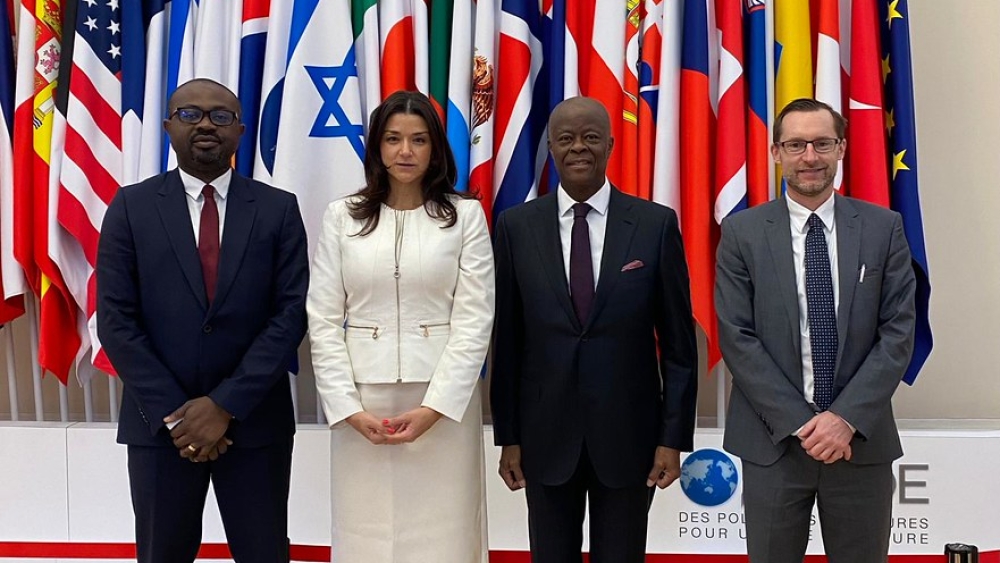On 13 April 2023, the Nigerian Federal Inland Revenue Service (FIRS) has issued an outcome statement regarding a two-day workshop held (4th and 5th April) with the OECD to sensitize stakeholders on the Two-pillar Solution and how to maximize its benefits for Nigeria.
The workshop was attended by key stakeholders including, but not limited to the Federal Inland Revenue Service (FIRS), Nigeria Export Processing Zone Authority (NEPZA), Oil and Gas Free Trade Zone Authority (OGFZA), Nigeria Export Promotion Council (NEPC), Joint Tax Board (JTB), some States’ tax authorities, the Federal Ministry of Justice, the Federal Ministry of Finance, the Office of the Vice President, etc.
After critical review of the rules and Nigeria’s participation in their development, the stakeholders observed that:
- There is need for Nigeria’s continued participation in the rule development, as a member of the Inclusive Framework, to ensure that the interest of the country and Africa is factored into the design and development of the rules.
- The rules as developed, especially the Global Minimum Tax Rules of 15% effective tax rate will impact on Nigeria’s tax base and fiscal policy options whether or not Nigeria endorses the statement of October 2021.
- In light of this, there is a need to commence immediate implementation of fiscal policy measures around the Global Minimum Tax Rules, in view of the fact that other jurisdictions around the world have commenced implementation of measures that will enable them reap top-up taxes allowed under the rules, which will be to the detriment of Nigeria from 2024, if no step is taken.
- There is also an urgent need to review and streamline Nigeria’s tax incentives, as the rules will have the impact of allowing other jurisdictions to mop up taxes not collected in Nigeria due to tax incentives.
- Nigeria can implement and reap the benefits of Pillar 2, even where it does not wish to implement Pillar 1.
- Effective implementation of Pillar 2 rules holds significant potential for increased tax revenue to fund government programme, boost the economy and keep Nigeria as an attractive investment location.
Stakeholders recommended that:
- Nigeria should, as a matter of urgency, commence engagements by stakeholders to draw up a national strategy for immediate streamlining of its tax incentives, to avoid ceding its tax base to other jurisdictions, owing to the implementation of Pillar 2 rules.
- Nigeria should take immediate steps to forge and implement tax policy options in response to Pillar 2, which action may include, but not limited to, changing its income tax rule to bring up its effective tax rate to a minimum of 15% or introducing a Qualified Domestic Minimum Top-up Tax (QDMTT).
- Nigeria should continue to participate in the rule development as a matter of importance to protect national interest as well as make sense of the rules in order to point the way for necessary policy response.
- Nigeria should explore the effective implementation of Pillar 2 rules for increased tax revenue generation to fund government programme, boost the economy and keep Nigeria as an attractive investment location.













